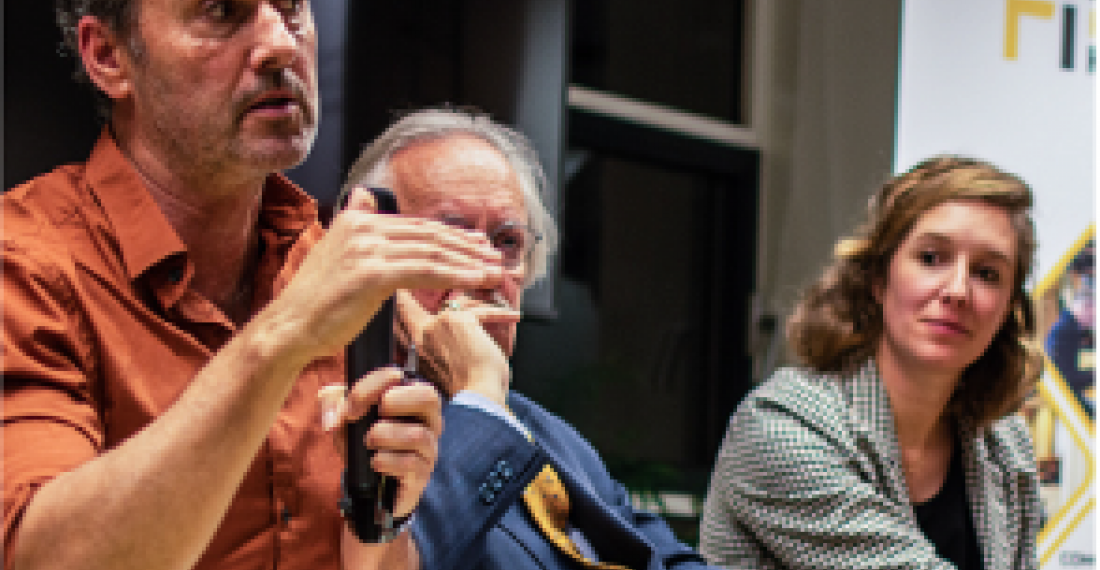The Hague Conversations on Conflict are a series of discussions, lectures, workshops and networking events launched by LINKS Europe in association with The Hague Humanity Hub, in June 2019. Their aim is to provide a forum where the changing nature of war and conflict can be analysed and assessed, together with the responses of international society. The third conversation took place on Thursday, 31 October at The Hague Humanity Hub and focused on the theme Human rights and conflicts". The event was organised in collaboration, and with the support of, Security and Human Rights Monitor.
You can download a full report of the event here
Over the course of the last century, and particularly after the experience of World War II, the world has increasingly recognised the vital importance of human rights and sought to embed them within national and international legal systems and the global international order. There is now, an increased recognition that, if ignored, human rights violations destabilise societies, fracture communities, and perpetuate the feelings of injustice that inevitably lead to and perpetuate violent conflict. Conversely, when embedded in policy, promotion and consideration for human rights can strengthen both conflict prevention and conflict resolution processes. There remain, however, many aspects of the debate that are still hotly debated and contested. Do you address the rights of minorities through collective rights or individual human rights? When is military humanitarian intervention justified, and who should authorise it? How do we aid non-governmental humanitarian organisations working in areas controlled by extremist groups without jeopardising national security? Should we offer immunity to those committing gross human rights violations if it means ending conflict and further abuses, or does this undermine the primacy of humanitarian law?
The third in The Hague Conversations on Conflict series, held on the 31st of October 2019, addressed the topic of human rights and conflict prevention and resolution. We were delighted to welcome to our panel Dr Nienke van der Have, a senior legal expert and author of the book, ‘The Prevention of Gross Human Rights Violations Under International Human Rights Law’; Ambassador Piet de Klerk, Chairman of the Netherlands Helsinki Committee and former Dutch Human Rights Ambassador; and Fulco van Deventer, Deputy Director and Co-founder of the Human Security Collective (HSC) and Associate Fellow at the International Center for Counter Terrorism (ICCT). In addressing the topic, the panellists and an engaged audience of around eighty participants explored current and future considerations for policy makers and conflict practitioners, looking not only at how to ensure the respect for human rights within conflict prevention, mediation and resolution, but also how human rights can be used to improve practices and reduce conflict globally.
A full report of the event is available to download here







